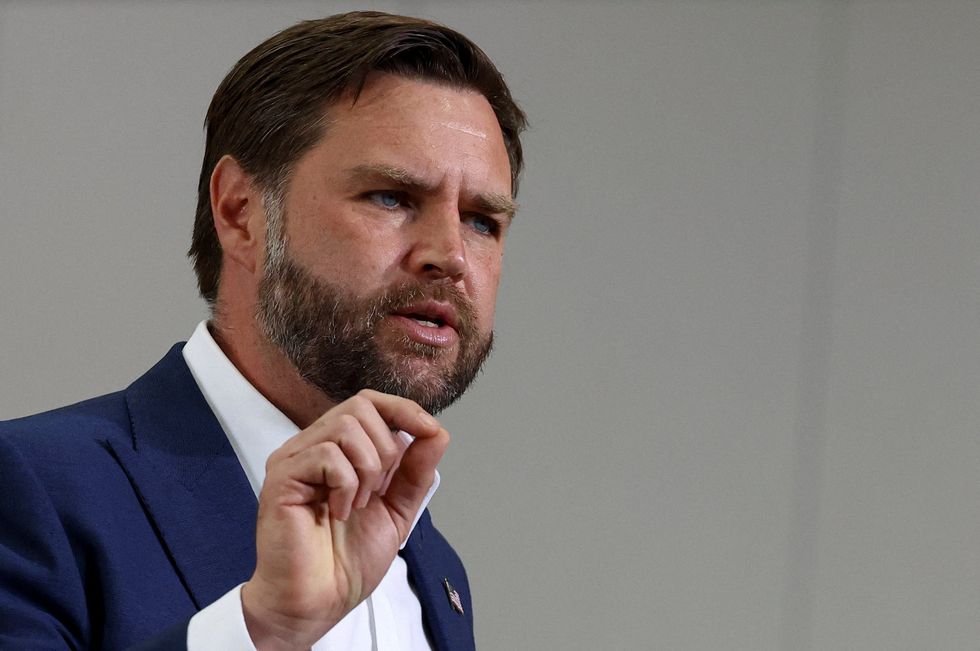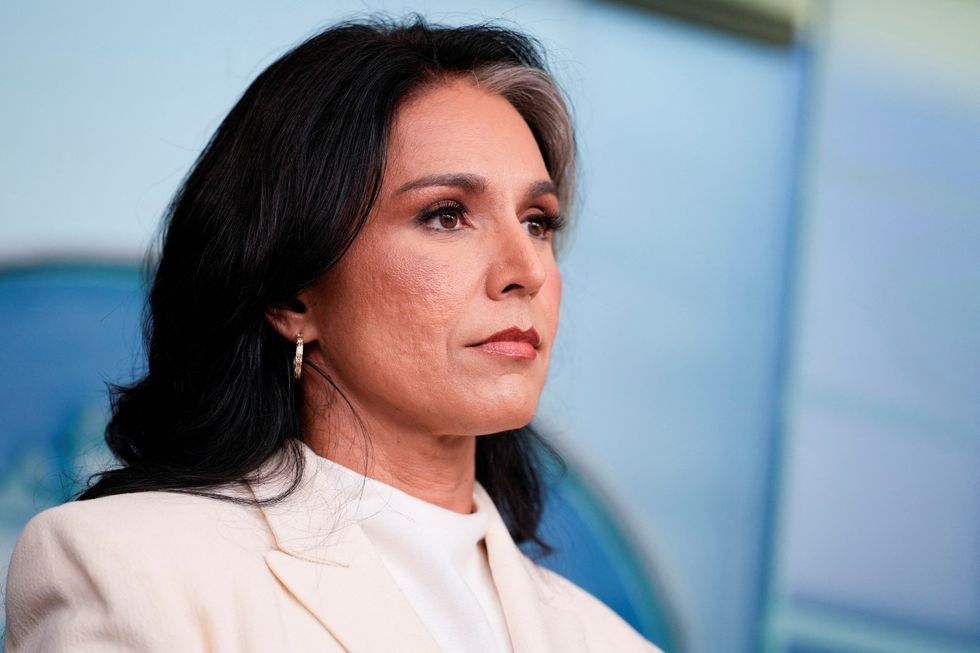JD Vance forces Britain to capitulate over demands for 'backdoor' iPhone access
GB NEWS
|WATCH: GB News Technology Editor Aaron Brown goes through highlights of Apple's KeyNote presentation

Sources suggest the Vice President personally intervened in the issue
Don't Miss
Most Read
Trending on GB News
The Government has dropped its controversial demands for a "backdoor" into Apple user data after an intervention by Vice President JD Vance.
Home Secretary Yvette Cooper made the request to Apple earlier this year, suggesting that it would help combat child abuse and terrorism.
Under the now dropped plans, security services would be able to access iPhone user data, including photos and messages, if they were suspected of a crime.
**ARE YOU READING THIS ON OUR APP? DOWNLOAD NOW FOR THE BEST GB NEWS EXPERIENCE**
Vice President Vance personally intervened, raising the issue with UK officials and pressing them to drop the plan, reports The Telegraph.
A US official said: "The VP took a strong interest in this issue because of his background in technology, his concern for privacy, and his sincere commitment to maintain a strong US-UK relationship.
"The VP was in charge and was personally involved in negotiating a deal, including having direct conversations with the British Government."
A UK Government spokesman said that while they would not comment on any agreement, Britain had long worked with the US to tackle security threats while seeking to protect the privacy of citizens in both countries.
They added: "We will always take all actions necessary at the domestic level to keep UK citizens safe."

REUTERS
|Vice President JD Vance personally intervened with British officials
Director of National Intelligence in Washington, Tulsi Gabbard, confirmed the deal, saying she had worked alongside counterparts in Westminster to come to an agreement over it.
She wrote on social media: "Over the past few months, I’ve been working closely with our partners in the UK, alongside [President Trump] and [Vice President Vance] to ensure Americans’ private data remains private and our Constitutional rights and civil liberties are protected.
"As a result, the UK has agreed to drop its mandate for Apple to provide a 'back door' that would have enabled access to the protected encrypted data of American citizens and encroached on our civil liberties."

REUTERS
|Director of National Intelligence Tulsi Gabbard welcomed the British Government's climbdown
US lawmakers said in May that an order by the UK to Apple to create a backdoor to its encrypted user data could be exploited by cybercriminals and authoritarian governments.
Apple, which has said it would never build such access into its encrypted services or devices, had challenged the order at the UK's Investigatory Powers Tribunal (IPT).
The iPhone maker withdrew its Advanced Data Protection feature for British users in February following the UK order.
Users of Apple's iPhones, Macs and other devices can enable the feature to ensure that can only unlock data stored on its cloud.
A Government spokesman said: "We have long had joint security and intelligence arrangements with the US to tackle the most serious threats such as terrorism and child sexual abuse, including the role played by fast-moving technology in enabling those threats.
"Those arrangements have long contained safeguards to protect privacy and sovereignty: for example, the Data Access Agreement includes critical safeguards to prevent the UK and US from targeting the data of each other’s citizens.
"We will continue to build on those arrangements, and we will also continue to maintain a strong security framework to ensure that we can continue to pursue terrorists and serious criminals operating in the UK.
"We will always take all actions necessary at the domestic level to keep UK citizens safe."
Cybersecurity experts told reporters that if Apple chose to build a backdoor for a government, that backdoor would eventually be found and exploited by hackers.
Apple has sparred with regulators over encryption as far back as 2016, when the US government tried to compel it to build a tool to unlock the iPhone of a suspected extremist










